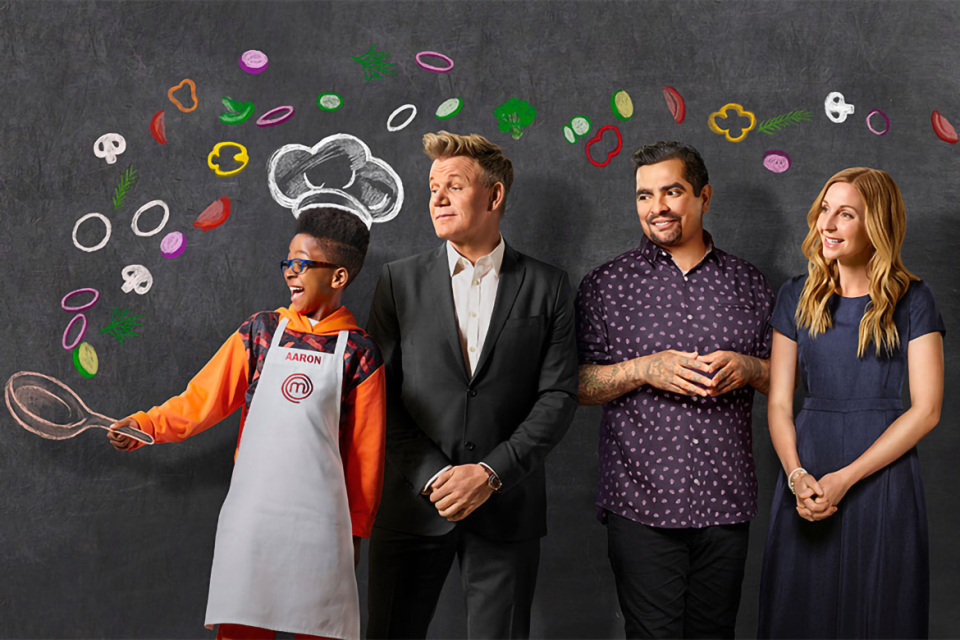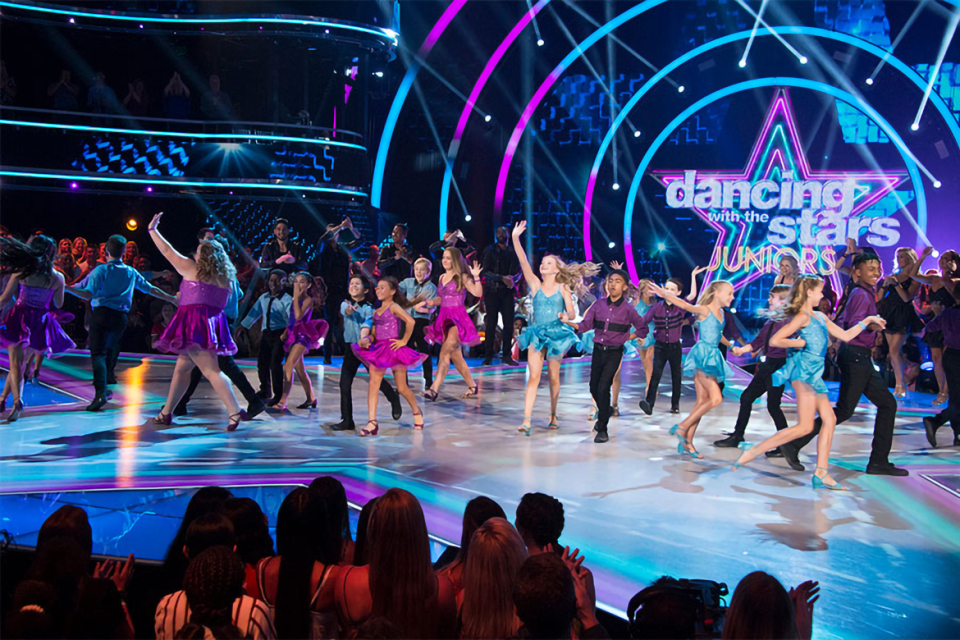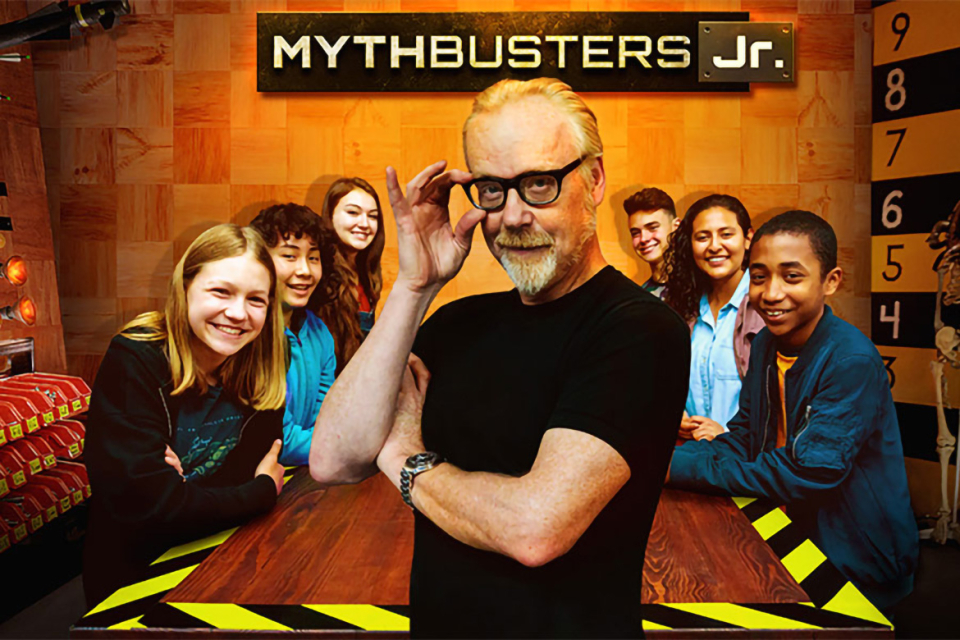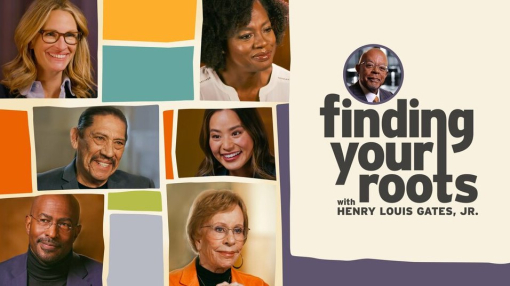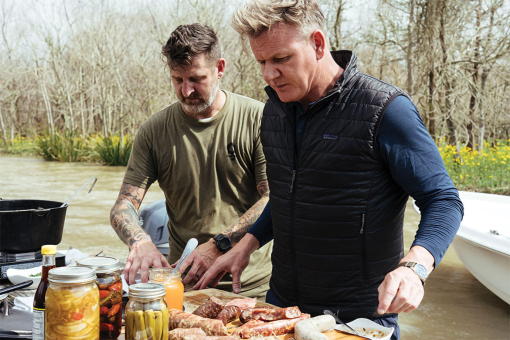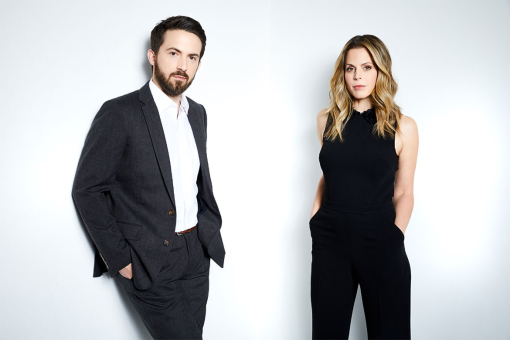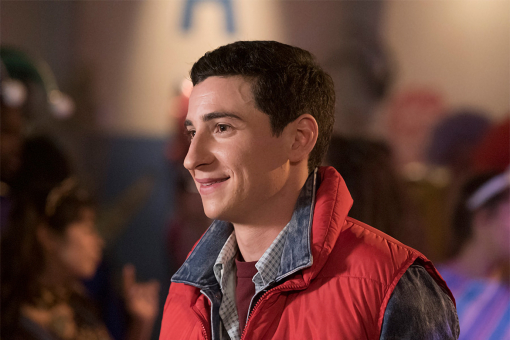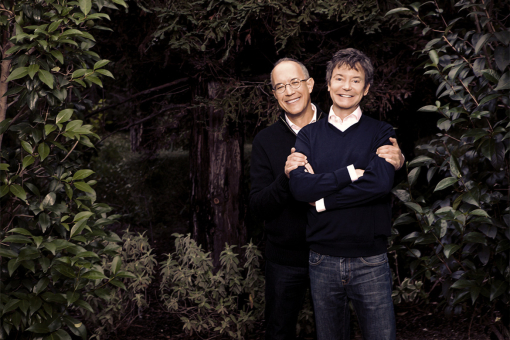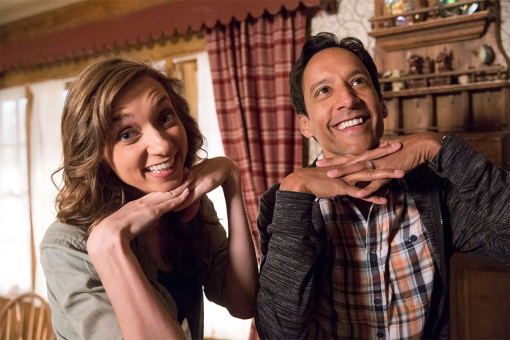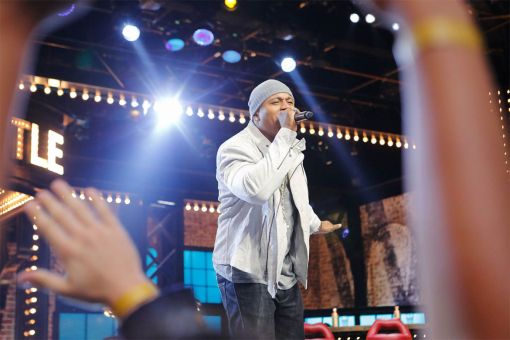Gordon Ramsay never raises his voice, does not swear like a sailor and refrains from calling anyone a "dumb donkey."
Is this an alternate universe, one in which the famously profane chef and TV host has a benevolent twin?
No, it's actually MasterChef Junior, the Fox reality series returning for its 7th season on March 5. And it just so happens that the well-watched competition show is a pet project for the notoriously volatile Ramsay, who "wears his dad hat" to encourage and mentor the 8-to 13-year-old "cheftestants," says executive producer Danny Schrader.
"Before Junior, no one knew or had ever seen that side of Gordon," Schrader says. "It's definitely not the Hell's Kitchen Gordon."
Being able to watch the hot-tempered Ramsay melt like butter in a sauté pan isn't the only difference in MasterChef Junior, a spinoff of the long running hit, MasterChef.
The tyke version relies more on team challenges, often eliminates two participants at once so kids don't feel singled out, and allows the tween and teen-age home cooks to dunk the renowned judging panel in marinara sauce, chocolate syrup and other gooey substances.
"It's the same MasterChef kitchen, but we have more fun with it, and we don't take ourselves too seriously," says Schrader, whose Endemol Shine North America produces the show with Ramsay's One Potato Two Potato.
"We create challenges that we'd never do on the adult show, like tying the kids together for an ice cream sundae relay. It's more about camaraderie for the kids and less about how good the sundaes are."
MasterChef Junior is one of a number of kid-centric spinoffs populating network and cable channels.
Shows in the cooking category pioneered the bite-sized subgenre (Chopped Junior and Food Network Star Kids, for example), with other types of unscripted series now growing at a steady pace (Lip Sync Battle Shorties and Project Runway Junior among them, with youngsters also starring in special versions of So You Think You Can Dance, The Voice, Shark Tank and Jeopardy).
Producers say the spinoffs function as great brand extensions of successful TV properties, with some, like MasterChef Junior spawning hot-selling kid-targeted merchandise lines (summer camps, cook books, online cooking classes).
The shows, like Dancing With the Stars: Juniors, pay homage to their forerunners while developing their own personalities and flavors. They provide advertiser-friendly, all family viewing, producers say, and often count as many or more adult followers as kids.
"There's a lot of heaviness in the world at the moment, so I think there's an appetite for really fun, light, escapist television," says Andrew Llinares, executive producer and showrunner of Dancing With the Stars and its adolescent version, which debuted late last year.
"There's something about the innocence of children in these environments that makes your heart soar and puts a smile on your face."
For Dancing With the Stars: Juniors, producers reworked the set, elevating the stage so the audience would be standing, trimming its dimensions for the pint-sized competitors and updating the show's graphics. Pro dancers from the adult version mentored the contestants, who were paired with experienced performers close to their age.
The judges, including choreographer Mandy Moore and Olympic skater Adam Rippon, pointed out flaws but accentuated the positive to "help them improve week on week," Llinares says.
While the adult iterations of most reality shows want to whip up high stakes and pressure (and capture the yelling, sobbing and fighting that ensues), the goal is different for the kid editions.
"It's not about creating big arguments and breakdowns," Llinares says. "We were looking for emotion, but it was joy and happiness, like the Thanksgiving episode where the kids dedicated a dance to someone they were grateful for."
And voting, for instance, wasn't open to at-home viewers, which could've amped up the tension. The in-studio audience and the judging panel scored contestants. (Sky Brown, a 10-year-old skateboarding and surfing prodigy who had never done any ballroom dancing, took home the coveted star-shaped trophy, redesigned from the adults' mirror ball).
On a logistical level, producers worked closely with parents and guardians, who were on set, and monitored kids' shooting time, with the goal of keeping stress to a minimum.
"We wanted them to feel like making new friends and taking part was the reward," Llinares says, "rather than winning."
Producers at BBC Studios in Los Angeles are in talks with ABC for another season of Dancing With the Stars: Juniors.
Spinoffs with youngsters at the center can extend and deepen the lives of the original shows, particularly one like Dancing With the Stars, which finished its 27th season last year, Llinares says, and provide "a nice way of refreshing a brand."
Adam Savage said kids made all the difference in his decision to revisit MythBusters, the cult favorite series he co-hosted on Discovery Channel for 14 seasons. He had turned down a chance to do an adult reboot, but signed on immediately when he heard about adding young brainiacs to the equation.
The 10-episode MythBusters Jr. launched early this year on Science Channel, with Savage as executive producer and collaborator to six young robotics, coding and physics whizzes, none of them over 16 years old.
"It's not a show about teaching these guys how to do stuff. It's not a kids' show. These are the new MythBusters," Savage said at the summer Television Critics Association gathering. "I'm their camp counselor and their adviser and, sometimes, their test subject. But the moment I heard that phrase – MythBusters Jr. – I saw all that. I realized how much potential there is."
Savage, describing himself as an empty nester, said he wanted to share his years of knowledge with the next generation of makers and inventors.
Fans of the seminal series can rejoice: There are plenty of duct tape experiments and crash test dummies, and Savage said he looks forward to finding out if two kids in one trench coat can buy a movie ticket.
"I've always thought of MythBusters as an aspirational show, specifically in the terms of, 'Wow, I wish I could be there doing that, what those folks are doing,'" he said. "And that's the show that we're making. It's like you're gonna watch them blowing up stuff just as big as we did."

